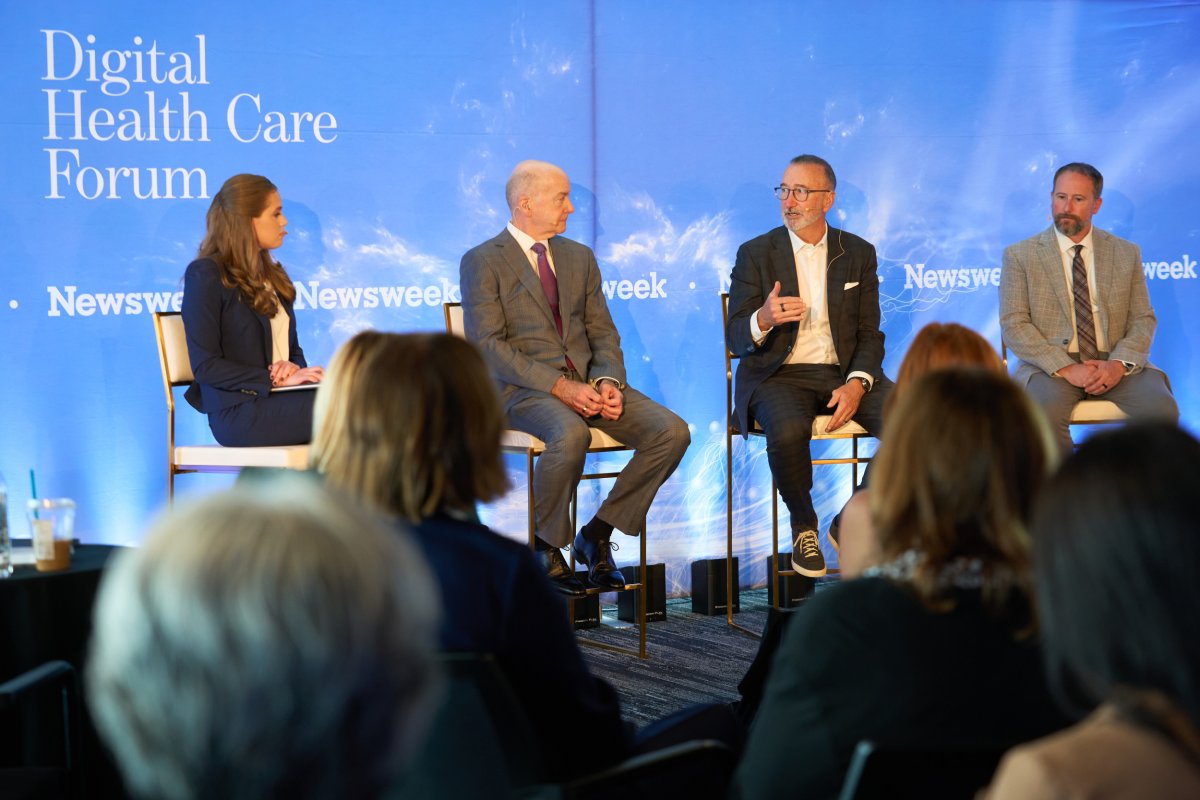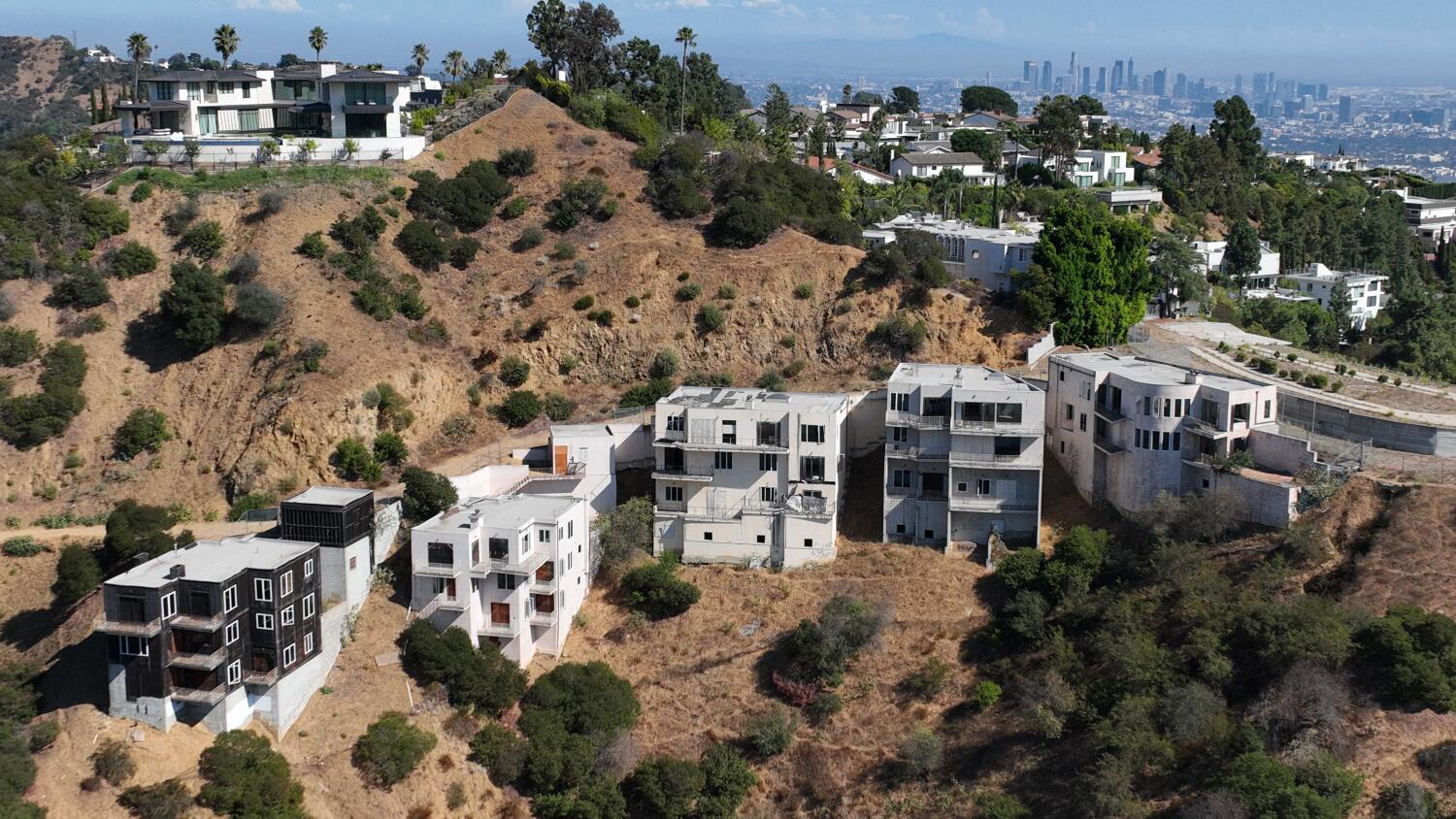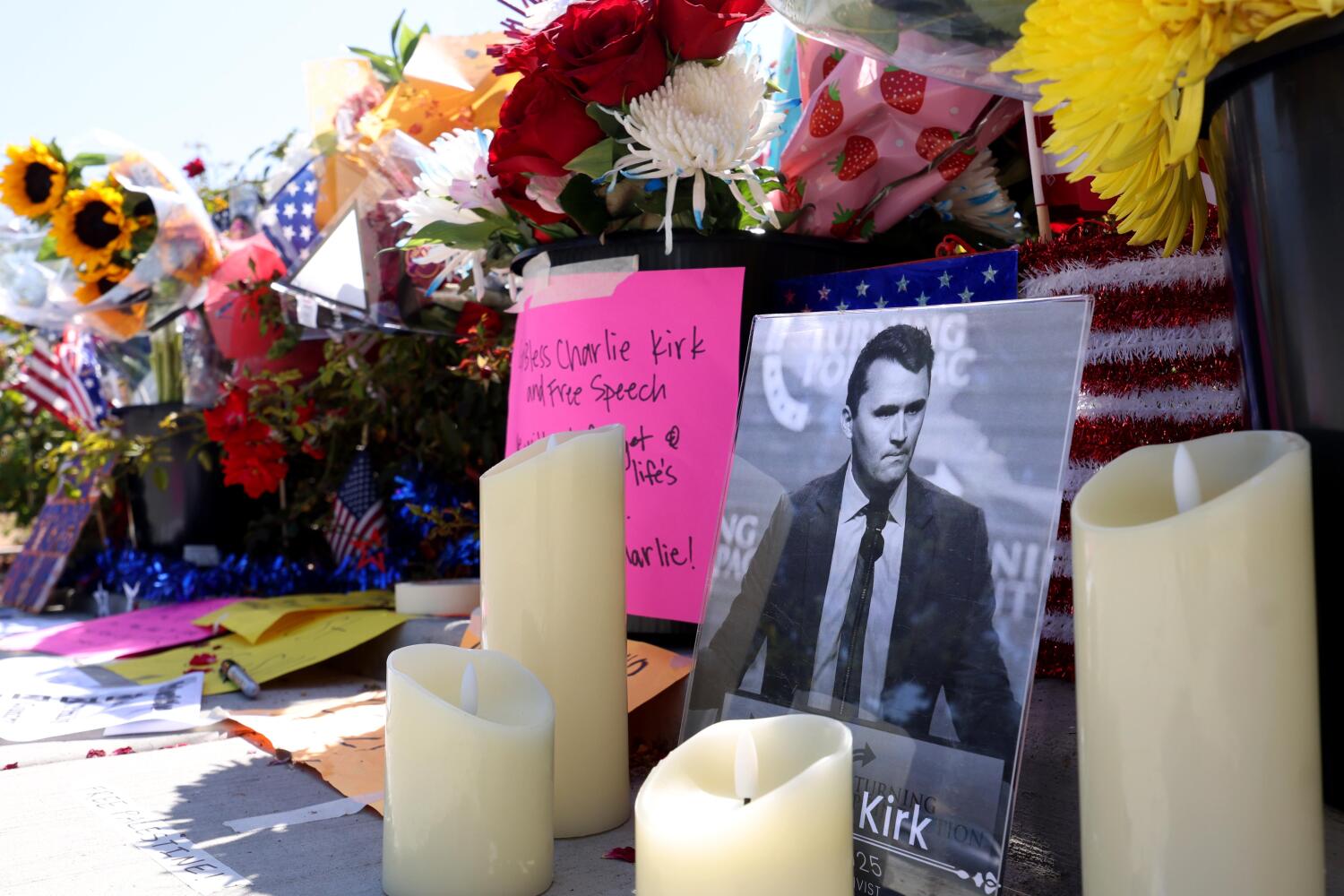-
He brandished a knife at SoCal teen, demanded her tea, authorities say - 16 mins ago
-
Colin Cowherd Makes Wild Claim About 49ers’ Mac Jones - 24 mins ago
-
Why the Kirk Assassination Is a Warning to the Left - 37 mins ago
-
Tony Todd's Widow Calls Out Emmys After 'In Memoriam' Snub - 59 mins ago
-
Surgeon General Nominee Pledges to Divest From Wellness Interests - about 1 hour ago
-
Digital Health Care Forum Experts Diagnose the Tech Reshaping the Industry - 2 hours ago
-
Tropical System Could Bring Heavy Rain to Southern California This Week - 2 hours ago
-
Ex-Red Sox Utilityman, Athletics Manager Praises Boston Playoff Run - 2 hours ago
-
Five ‘illegal’ Laurel Canyon homes to be demolished after decades-long fight, L.A. says - 2 hours ago
-
Warriors Interested in Trey Murphy in Blockbuster Trade - 3 hours ago
Bill to slash rooftop solar incentives weakened by Assembly committee

An Assembly committee backed away on Wednesday night from a controversial provision in a proposed bill to end solar credits for 2 million owners of rooftop solar systems, saying it would apply only to those who sold their homes.
Assembly Bill 942, introduced by Lisa Calderon (D-Whittier), targeted long-standing programs that provide energy credits to Californians who installed solar panels before April 15, 2025.
As originally drafted, the bill would have limited the current program’s benefits to 10 years — half of the 20-year period the state had told rooftop owners they would receive. The committee nixed that provision, leaving another that would cancel the program for those selling their homes.
With the amendment, the bill passed 10 to 5, sending it on to the Assembly Appropriations Committee.
Scores of rooftop solar owners attended the hearing, asking the committee members to vote no. Some said that even with the amendment they believed the measure would reduce the value of their home.
“We just put our home up for sale yesterday,” said Dwight James, a resident of Simi Valley, who is still making payments on a loan he took out to pay for his solar system. “We didn’t expect the state to break its promise to us.”
Calderon, a former executive at Southern California Edison, said she proposed the bill because the financial credits given to rooftop solar owners for excess electricity they send to the grid are raising electric bills for those who don’t own the panels.
Edison and the state’s two other large for-profit electric companies supported the bill, along with members of the International Brotherhood of Electrical Workers.
Major utilities use unionized labor to build and repair equipment, including the lines connecting distant industrial-scale solar farms in the desert. Companies installing rooftop panels generally don’t use union workers.
The legislation doesn’t affect customers served by municipal utilities.
Several members of the Assembly Utilities & Energy Committee said at the hearing that their offices have been overwhelmed with calls and emails from solar customers.
“I’ve gotten more opposition to this bill than to any other by eight- to tenfold,” said Assemblywoman Pilar Schiavo (D-Santa Clarita), who voted no.
Before the hearing began, an analyst who reviews legislation for the committee recommended the 10-year sunset provision be removed from the bill. She cited a state requirement that solar owners sign a consumer protection guide that calls the arrangement a “contract” and says the credits are “guaranteed” for 20 years.
Keeping that provision, said analyst Laura Shybut, the committee’s chief consultant, could pave the way for legal challenges to the legislation.
The bill prompted protests this month by owners of the rooftop solar panels, who said they had invested thousands of dollars in the green energy systems based on assurances the incentives would last for 20 years.
Also opposing the bill were schools, businesses, apartment owners and others who had installed the rooftop panels.
A group of school districts including Los Angeles Unified, San Diego Unified and the Alameda County Office of Education filed a letter to the Assembly committee in opposition to the proposed legislation.
“School districts made good faith investments in solar energy technology based on the commitments of the state,” the schools wrote. “It is unfair and could raise legal concerns to retroactively change the rules.”
“The state should be supporting investments in rooftop solar to meet our climate goals and to promote affordability for all customers, not undermining those who heeded its guidance and mandates to make these investments,” the schools wrote.
Committee members said that with the amendment the schools would no longer be affected.
Also opposing the bill were dozens of environmental groups, consumer organizations and the rooftop solar industry, which argued that electric bills are rising because of excessive utility spending — not from credits given to owners of the green energy systems.
The value of the credits — provided to panel owners at the retail rate of electricity — has increased rapidly as the state Public Utilities Commission voted to approve rate increases requested by the utility companies.
At a news conference on Tuesday, Calderon appeared with members of utility worker unions, saying the credits were shifting billions of dollars in costs to people who did not own the panels, which was especially hurting the poor.
“This is about fairness and equity — nothing more,” she said.
Rooftop solar advocates have challenged that assertion, citing statistics from the Lawrence Berkeley National Laboratory that show 39% of the owners of the rooftop panels in 2023 had household incomes of less than $100,000. About 12% had incomes below $50,000.
Several committee members said Wednesday night that they had heard from solar owners of all income levels.
“I have to push back on the narrative that these are all high-income people,” Schiavo said.
Some also questioned whether those without solar panels would actually see a reduction in their electric bills if the measure passed.
“How much of this will go back to the consumer?” asked Laurie Davies (D-Laguna Niguel), who voted no. Her question wasn’t answered.
Source link











